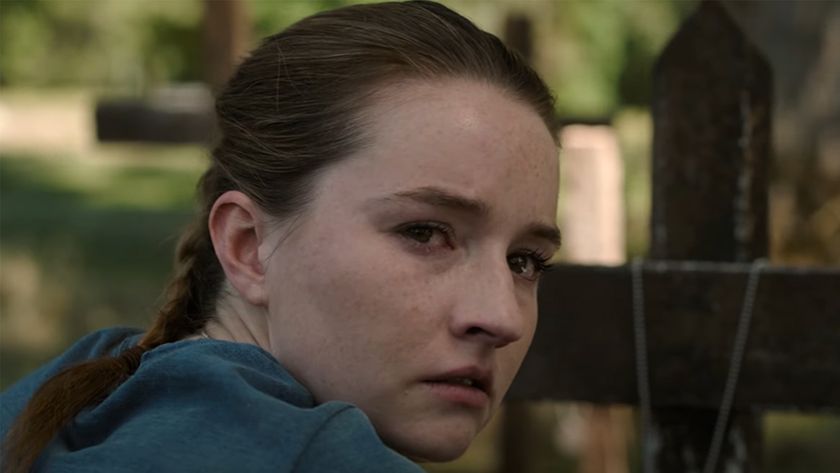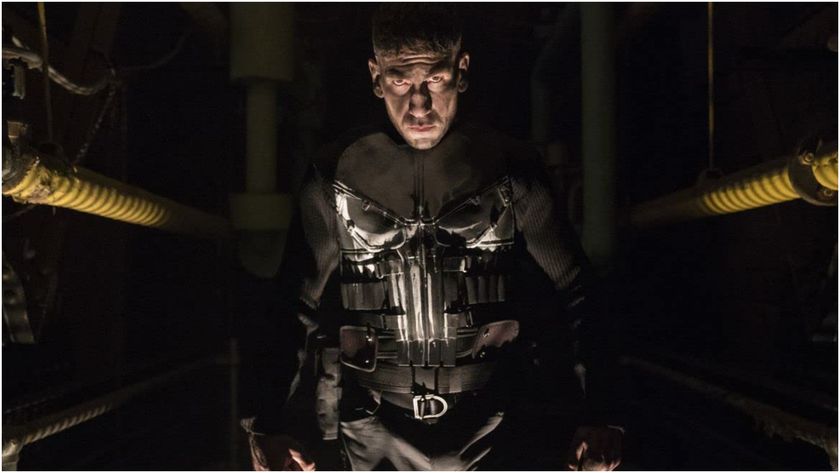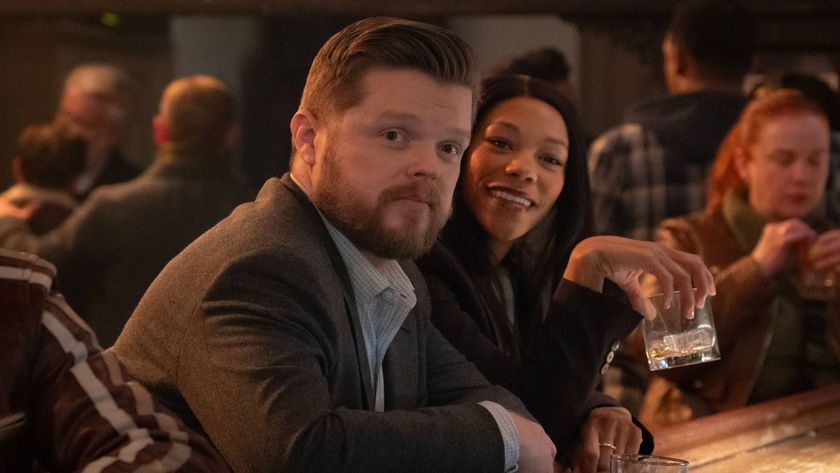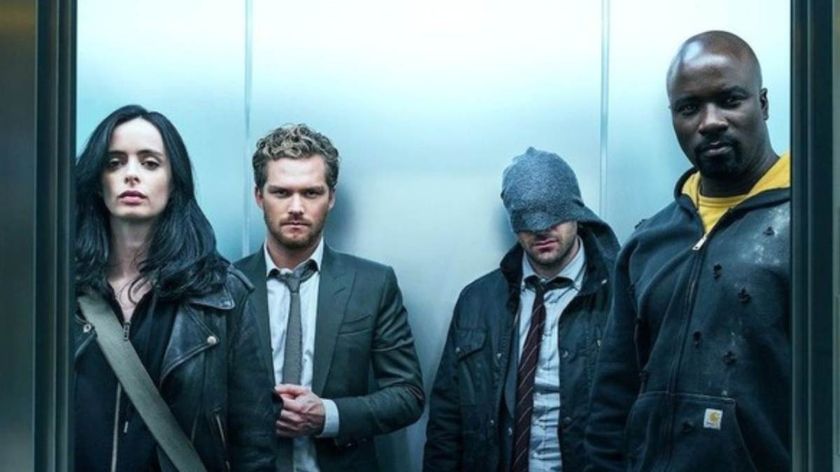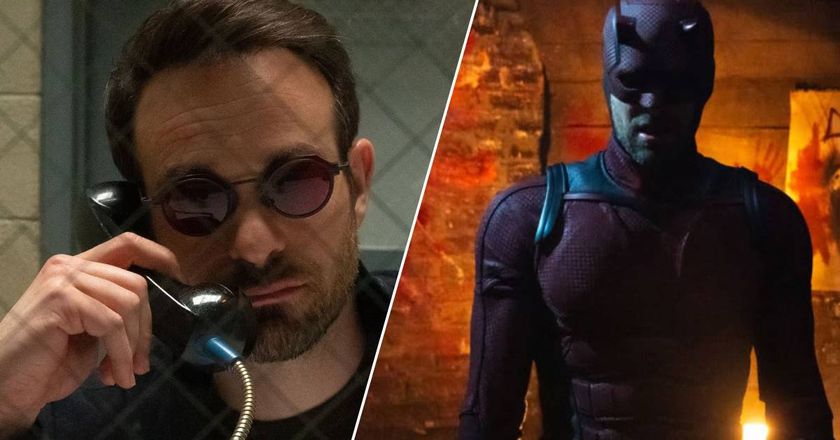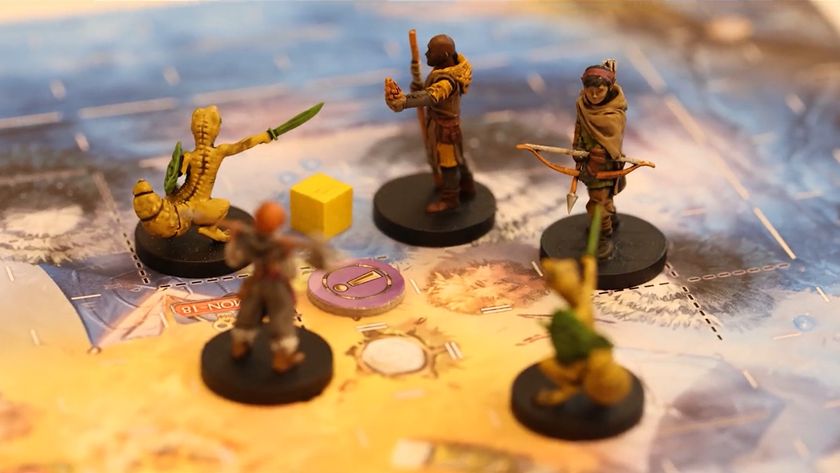Fringe is now past the halfway point of its final season. Yes, it breaks our SFX hearts too. We recently had an exclusive chat with showrunner JH Wyman where we discussed the whole complicated evolution of the show. In this Q&A, we focus on the some key moments in the series evolution and the fandom of Fringe.
Interview by Tara Bennett
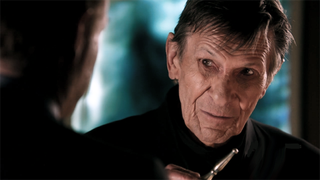
SFX : Fringe took some time in its first season figuring out what kind of a show it was. Was there a water-shed creative moment that helped determine it more clearly?
JH Wyman: “Yeah. One of our writers in the first season, Andrew Kreisberg – and I always want to give him credit for this iconic image because it was really his – we were sitting around talking about needing an iconic image for when we go over to (William) Bell. He said, ‘What if it’s the Twin Towers?’ For a second, I was like, ‘That’s the greatest idea in the world,’ and then I thought maybe it’s not because I didn’t want to sensationalise it. But then, when we started thinking about it, we thought collectively America really understood 9/11 is such a monumental moment so we felt it wasn’t exploited but indicative of the times we’re living in right now. We used it and that was the end of the first season and then we were all really thrilled with where it was going.”
Speaking of Bell, was Leonard Nimoy always your first choice to play him and how tough was it for you to woo him onto the show?
“There were a lot of names kicked around but we said he would be the greatest thing ever, and ultimately it happened, which is pretty cool. His relationship with Bad Robot was key. He’s an icon, a living legend and a national treasure. When you look at a guy like that, [the project] has to be something compelling to him. He’s a very successful artist and he does a lot of different things, not just acting. Definitely the foot in the door from JJ just made it all worthwhile, and I think it played a huge part in him deciding to do it and show up to play.”
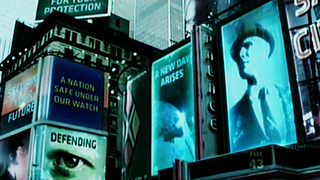
“Letters of Transit” set the template for season five in episode 4.19. Why place it there and not as the season four finale?
Sign up to the SFX Newsletter
Get sneak previews, exclusive competitions and details of special events each month!
“We tried to make it a backdoor idea. We didn’t know if we were picked up [for season five]. We knew we had the 19th episode to go off the beaten track. Me personally, I said to the media that if it gets canceled I would do a special edition comic book or graphic novel so I could finish telling the story, because I wouldn’t want the story to end like that either. I thought, ‘How can we end season four with something cool so that if it ends there, there is a jumping off point for a story I could tell in comics, but if 4.19 works then I can tell that story in season five?’ But imagine if ‘Letters of Transit’ was the last episode? It would have been a lot harder to resolve that, so we felt we should do it the way we did it. When we saw the response for 4.19 and how everyone was interested in it, then it was really clear what the plan would be for season five, at least to me.”
SFX : When you pitched the finale arc for season five, how worried were you that it wouldn’t be enough to get a final season?
“It was tough because like every season we talked about a whole lot of ideas. At the end of season four, I put together that reel that played at Comic-Con with [Fox promo editor] Ari Margolis to sell the show and [Entertainment Chairman at Fox] Kevin Reilly really, really responded to it so I knew right away that we would get the 13 as soon as he saw it.”
SFX : Fringe has one of the most dedicated fan bases out there. How much have you let their voices influence how you’ve written the show in the past, and especially in this final season?
“I have been so lucky because I get so much support from the media and from fans. Once I commit to doing something, I commit 100%. I want people to be pleased with what I’m making or what I’m asking them to think about. I can’t be upset if they don’t like it. I get to watch the response and I can learn things off of it as a writer so I can learn to be a better storyteller and that’s very valuable.
“Like the whole [season four] disappearance of Peter, I learned a great deal from that. It didn’t work. People didn’t like it and felt it was sort of stupid and didn’t get it. I totally agree. I look back at it and consider it one of our missteps. It didn’t work as well as we all thought it would. We liked it and thought it was cool. But no matter how many times we told people, ‘No, Peter is still part of the show. Come on? It’s Peter Bishop, he’s still part of the show,’ everybody was saying, ‘Peter is not on the show so I’m not watching anymore!’ They didn’t get it. But maybe in retrospect when people watch the series from beginning to end they’ll realise why thematically that was so important to do. People may or may not get what we did, but it is what it is. It’s not a pizza. You don’t get to order what you want on it. [Laughs]”
• Read our season Fringe reviews
SFX Magazine is the world's number one sci-fi, fantasy, and horror magazine published by Future PLC. Established in 1995, SFX Magazine prides itself on writing for its fans, welcoming geeks, collectors, and aficionados into its readership for over 25 years. Covering films, TV shows, books, comics, games, merch, and more, SFX Magazine is published every month. If you love it, chances are we do too and you'll find it in SFX.
